What is kratom?
Kratom is an herbal extract made from the leaves of a tropical evergreen tree. It is sold as a herbal supplement in the United States. Kratom has some properties similar to opiates, but also can act as a mild stimulant. Some people take kratom to reduce opiate cravings or treat pain. Others take it recreationally, believing it helps improve mood.
Why am I hearing so much about kratom lately?
Kratom was first introduced into the US in the late 1990s and for years its use was very limited. In recent years kratom use has become much more common, possibly because of the opiate epidemic and people trying to use kratom to reduce their dependence on opiates. A new study on Poison Control Center calls related to kratom found they’ve become much more common in the past few years. In 2011 Poison Control Centers received 13 calls about kratom. This rose to 682 in 2017, and two-thirds of the 1807 kratom-related calls between 2011–2017 happened in 2016 and 2017.
Is kratom safe?
The sale of kratom is not regulated by the Federal Drug Administration (FDA), meaning the FDA does not inspect products to make sure they contain the ingredients they’re supposed to, the concentration of the active ingredients are correct, or that they are not contaminated. Because of this different products can differ in strength. People can overdose on kratom, and it can interact with other medications, alcohol, or recreational drugs in ways that can be dangerous. Kratom has been linked to 44 drug-associated deaths, mostly in combination with other drugs, but in a few cases kratom was the only drug used. Kratom can be addictive, and babies born to mothers who use kratom sometimes have to be treated for opiate withdrawal symptoms. Companies selling kratom don’t have to follow safe manufacturing regulations, and in 2018 there was an outbreak caused by Salmonella bacteria in kratom that made people sick in 41 states.
Is kratom legal?
Some states or localities have laws against the sale or possession of kratom. Currently, in February 2019, kratom is not regulated in Virginia, but it is illegal in Washington, D.C. There are currently no federal laws regulating kratom, although the FDA has used its authority to regulate dietary additives to restrict the import of kratom.
What are the side effects of kratom?
Kratom is a drug and can have side effects that can be dangerous. Kratom causes loss of appetite, insomnia, tremors, and rapid heartbeat. People often report feeling itchy after taking it. It can cause nausea and vomiting. At high doses kratom can cause seizures. People who take kratom regularly can develop liver injury.
I have been using kratom, what should I do?
Talk to your doctor about why you’ve been using kratom and ask about alternative medications and possible side effects when quitting. Even if you don’t plan to stop taking kratom you should talk to your doctor about potential interactions with other medications or drugs or alcohol and the possibility of becoming dependent on kratom. Women who are pregnant, planning to become pregnant, or nursing should stop taking kratom to protect their baby from exposure. Like all drugs, kratom should be stored out of the reach of children.
If you or someone else, especially a child, ingests kratom accidentally, call the Poison Control Center hotline at 1-800-222-1222. If the person is having severe side effects, call 911.
 One of the best ways you can protect yourself and your animals is having your veterinarian vaccinate your pets for rabies and keeping their vaccinations up to date. Vaccinating domestic animals like dogs, cats and horses, creates a protective barrier between wildlife and humans. If we protect them, we protect ourselves.
One of the best ways you can protect yourself and your animals is having your veterinarian vaccinate your pets for rabies and keeping their vaccinations up to date. Vaccinating domestic animals like dogs, cats and horses, creates a protective barrier between wildlife and humans. If we protect them, we protect ourselves.
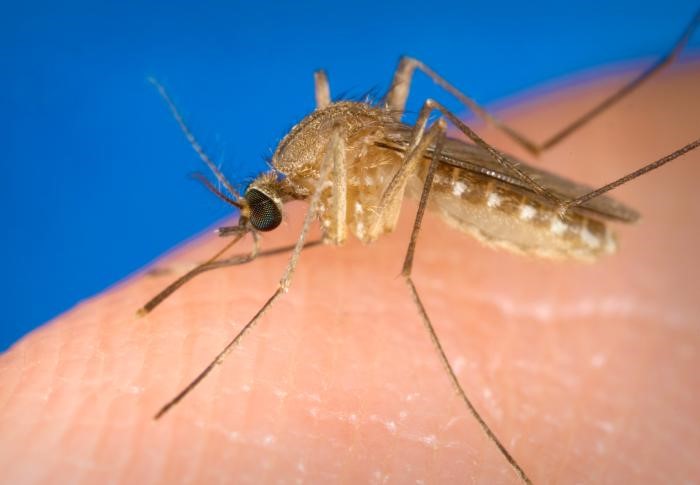

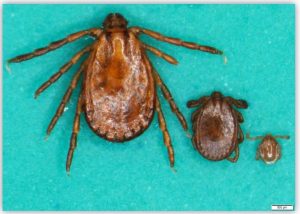
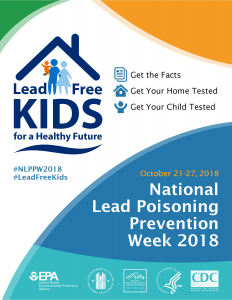 Lead is a toxic metal that is still present in and around many homes in lead-based paint and urban soils. Lead can also be tracked in if parents have jobs or hobbies that expose them to lead. Children who are exposed to lead at a young age are at increased risk for speech delay, learning disabilities, and ADHD. A simple blood test can tell if your child has been exposed to lead. If you have children under six years old, ask your doctor if they might be at risk for lead poisoning. See the
Lead is a toxic metal that is still present in and around many homes in lead-based paint and urban soils. Lead can also be tracked in if parents have jobs or hobbies that expose them to lead. Children who are exposed to lead at a young age are at increased risk for speech delay, learning disabilities, and ADHD. A simple blood test can tell if your child has been exposed to lead. If you have children under six years old, ask your doctor if they might be at risk for lead poisoning. See the 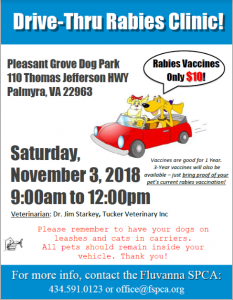
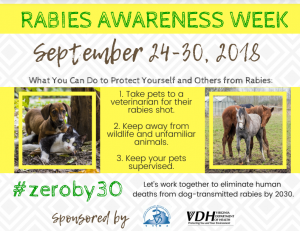 Rabies is a virus that is commonly found in Virginia’s wildlife, especially in certain wild animals such as raccoons, skunks and foxes. It’s important to remember though that any mammal can get rabies and that rabies kills almost any mammal that gets sick from it. That’s why it’s important to take some basic precautions to help protect you and your pets from being infected.
Rabies is a virus that is commonly found in Virginia’s wildlife, especially in certain wild animals such as raccoons, skunks and foxes. It’s important to remember though that any mammal can get rabies and that rabies kills almost any mammal that gets sick from it. That’s why it’s important to take some basic precautions to help protect you and your pets from being infected.